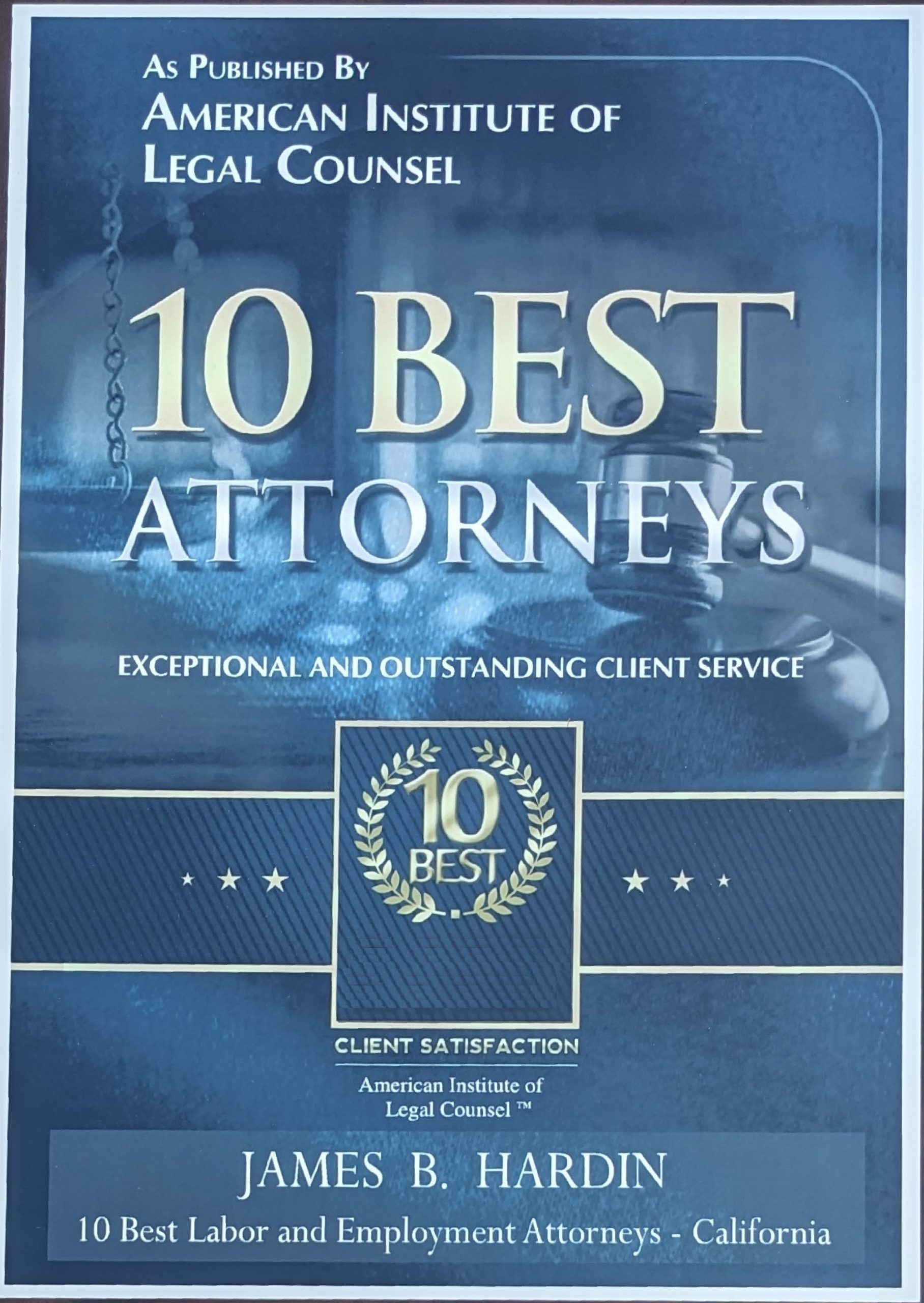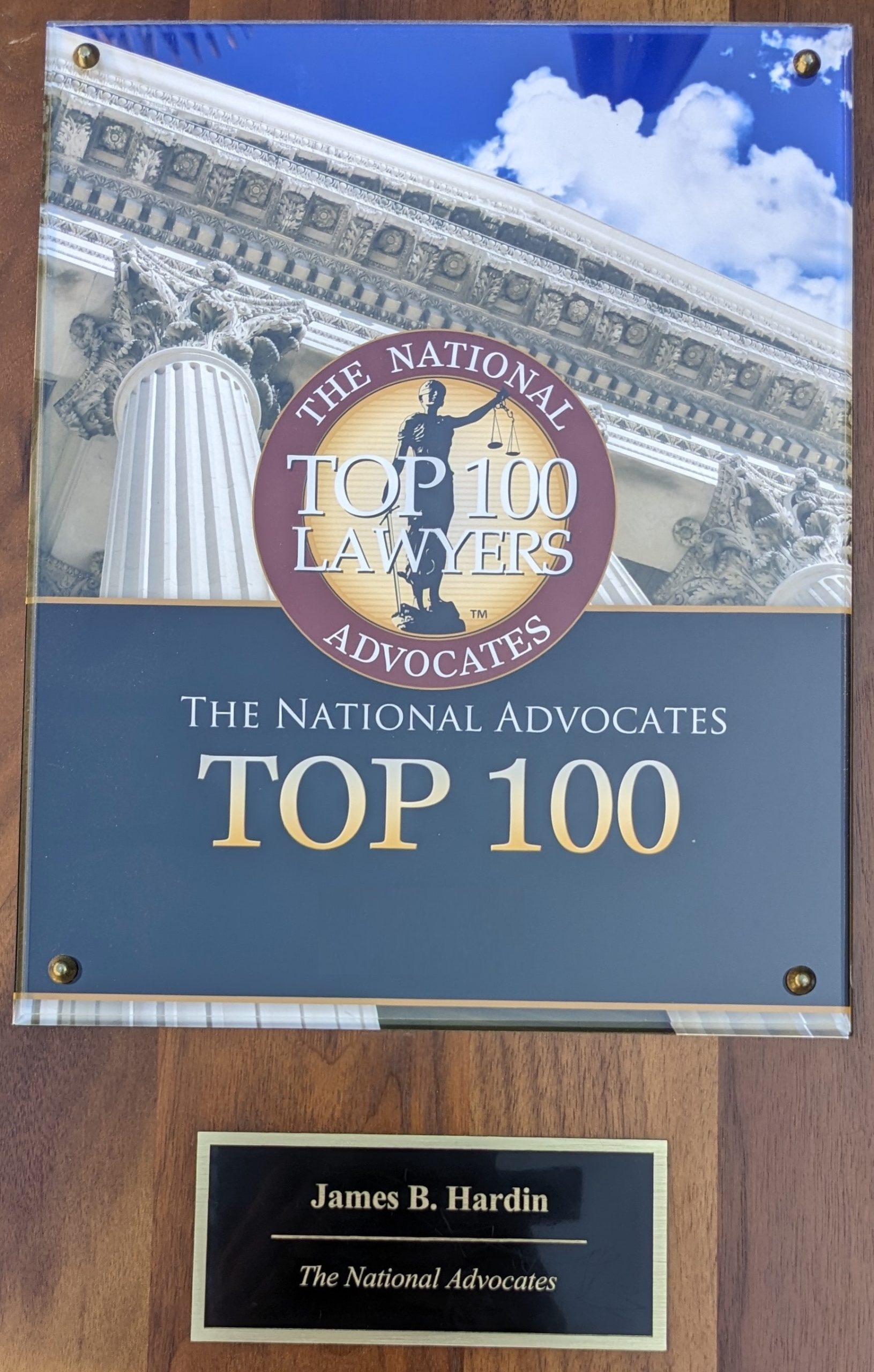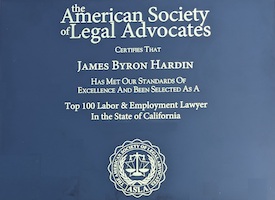California employment law can be notoriously complex, particularly when it comes to navigating the procedural rules that govern discrimination and wrongful termination claims. Even when someone has a strong case, failing to follow the proper procedures can lead to dismissal of the case before it even gets to trial. A recent decision from a California…
Continue reading ›We'll Fight for Your Job.





















